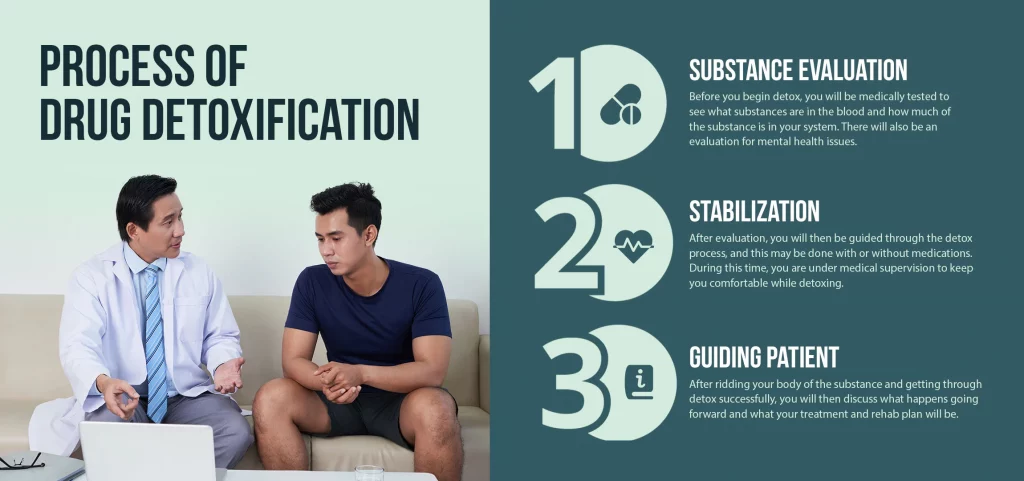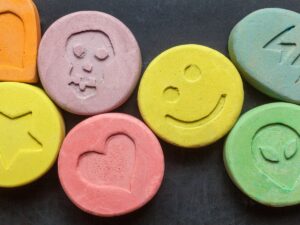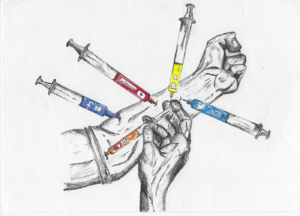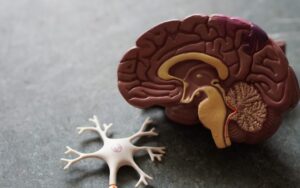Drug and alcohol detox is your first step to recovery from addiction. There are several different ways to detox although it is always a good idea to detox under medical supervision and not on your own. Ridding your body of unwanted toxins from drugs can provide you benefits such as relief from withdrawal and a safer recovery process. There is a specific process to drug detox due to the severe side effects that come with substance withdrawal. When you decide to enter a drug detox center, you will experience mental and physical fatigue as well as anxiety, mood swings, and nausea. Let’s discuss the process and side effects of drug detox.
Drug detoxification and medically managed withdrawal can be a safe and effective way to begin your recovery from substance addiction.
Drug Detoxification: Process & Side Effect
Who needs detox? What is the drug detox process and its side effect? Detox is most effective for individuals with addictions to heroin, alcohol, opioids, and benzodiazepines.
Medically managed detox is a necessary process for individuals who are addicted to substances because these substances can have severe and sometimes long-lasting physical and mental impacts on the brain and the body, and it takes time, hard work, dedication, and support to unlearn addictive behaviors.
Many may be wondering why detox is necessary. Detox is an essential component to recovery because when addiction is present, the body becomes used to functioning with the help of the substance. Without the substance, the body forgets how to operate, and withdrawal symptoms start to occur.
While these symptoms can be physical, they can also be mental, and often times these issues overlap that bring on moderate to severe pain and discomfort. Supervised detoxification helps you to relieve that pain and discomfort while also ridding toxins from your body.
What is Drug Detox
So, what exactly is drug detox? Drug detoxification is the process of eliminating toxic substances from the body after stopping drug use. When detox is done safely and correctly under medical supervision, it improves the overall outcome of your withdrawal symptoms.
Detox is necessary when there is a physical dependence on a drug or substance and withdrawal symptoms are experienced when drug symptoms wear off. The goal of detox is to minimize the potential physical harm that may result from quitting drugs after a long period of time.
What’s the Process of Detoxification?
If you are considering medical detox for yourself or a loved one, you may be wondering what the detox process entails and what types of detox treatment you can choose from.
Types of Detox:
- Outpatient detox: When choosing outpatient detox, you will stay at home while under the regular supervision of medical professionals. The benefit to outpatient detox is that you get to be n the comfort of your own home and be with family, although the downside to this option is not being under 24-hour supervision, which may lead to relapse.
- Medical detox: A commonly used method of detox in which drug detox centers use different medications to ease the mental and physical symptoms that are associated with drug withdrawal.
- Inpatient detox: During residential inpatient treatment, you will leave home and enter a detox center where you will be under 24/7 medical supervision to help make your detox process go smoothly with the least amount of pain.
- Rapid detox: A less effective option where you are heavily sedated during your detox. This method is expensive and extremely dangerous.
Once you have chosen your detox option with the help of a drug addiction professional, it’s time to understand the process of drug detoxification.
Process of Drug Detoxification:
- Substance Evaluation: Before you begin a detox, you will be medically tested to see what substances are in the blood and how much of the substance is in your system. There will also be an evaluation for co-occurring disorders, dual diagnosis, and mental health issues. These evaluations are for medical professionals to help you receive the best detox treatment for your personal needs.
- Stabilization: After evaluation, you will then be guided through the detox process, and this may be done with or without medications. During this time, you are under medical supervision to keep you comfortable while detoxing.
- Guiding patient into treatment: After ridding your body of the substance and getting through detox successfully, you will then discuss what happens going forward and what your treatment and rehab plan will be. Remember that detox only deals with the physical addiction, not the psychological one.

What are the Side Effects of Drug Detox?
Medical detox is rigorous and difficult. The mental and physical side effects of drug detox can be painful and overwhelming to many.
The amount of time you spend at a detox will vary based on your needs however, some of the most common effects of drug detox withdrawal include:
- Anxiety
- Nausea
- Insomnia
- Hallucinations
- Seizures
- Rapid Heartbeat
- Fever
- Sweating
- Muscle Pain
- Irritability
- Fatigue
When deciding what detox treatment is best for you, you may want to consider inpatient detox; although it may be scary to leave home, inpatient detox treatment allows for 24-hour help to ease these side effects.
How Long Does Drug Detox Last
There are several factors that will determine how long your detoxification will last. Individually these factors will vary based on what substance you are addicted to, how often you had used, and how much of the drug is in your system.
To determine your length of stay, medical professionals will look at the following factors:
Substance of Use
– Route of administration
– Severity of addiction
– Family history of addiction
– Co-occurring disorders
Duration of use
– Level of willingness to change
– The current level of social support
– History of relapse/ withdrawal
– Risk of developing severe withdrawal
What Happens After Detox
Withdrawal symptoms can be mild to severe and the more severe the symptoms, the higher the risk of relapse or life-threatening health problems. For these reasons, it is never a good idea to detox from home without any medical help.
So, you have finished detox and have the addictive substance out of your body. Now what? Generally, around two weeks after you finish detox the most severe symptoms should have dispersed, although you must remember this is one the start to recovery.
After detoxification, you will then transfer from a drug detox center to a drug rehab program that best fits your individual needs. This is where you can begin to work on and heal the mental, emotional, and psychological issues that come with drug addiction.
In some cases, individuals may have lingering side effects after detox. These symptoms include anxiety, insomnia, and mood swings. This is called post-acute withdrawal syndrome and when this occurs, you should let your medical provider know so they can adjust your medications to help you feel more at ease.
With continued rehab treatment, monitoring of withdrawal symptoms, and intensive therapy programs you can address the underlying issues and reasons for addiction. Finding support groups is an essential key to staying on top of your recovery.
Detox Centers Near Me
Now that you are equipped with information on the drug detox process and side effects of withdrawal, you can enter drug alcohol detox center and get started on your path to recovery.
You may now be asking yourself, am I ready for detox? Are there detox centers near me? The answer is yes! Choosing detox means choosing to get your life back. All American Detox located in Los Angeles is ready to help you through this process. A detox may seem scary, but if you can be open to positive change and have the determination within, it may lead you on a much better path than you have ever experienced.
Call All American Detox at their drug addiction hotline number or visit their website now!






